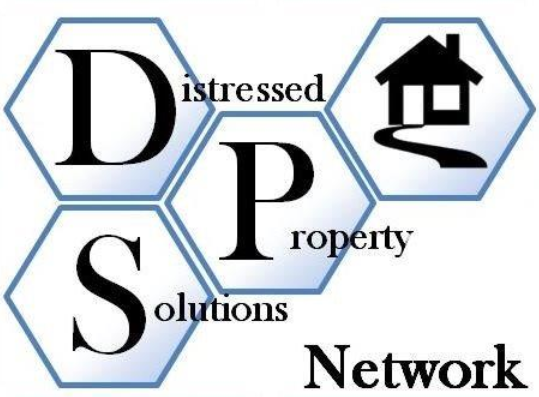Should You Represent Yourself in Foreclosure Defense?
.jpg)
If you are struggling to pay your mortgage, there are some things you can do on your own to avoid foreclosure or pursue another option. For example, you may be able to apply for a loan modification to make your payment more manageable or sell your home through a short sale with the help of a real estate agent. But fighting a foreclosure in court is not one of the procedures that lend itself to self-representation.
If you've lost work because of the coronavirus outbreak and fall behind on loan payments, loan modification could help you avoid default.

Loan modifications are most common for secured loans, such as mortgages, but you may also be able to modify other types of loans. That could include personal loans or student loans.
A loan modification can relieve some of the financial pressure you feel by lowering your monthly payments and stopping collection activity.
But loan modifications are not foolproof. They could increase the cost of your loan and add derogatory remarks to your credit report.
That doesn't mean you should avoid a loan modification. But before you jump at the chance, consider all the angles.
A loan modification is different from a refinance. When you take a loan modification, you change the terms of your loan directly through your lender. Most lenders agree to modifications only if you’re at immediate risk of foreclosure. A loan modification can also help you change the terms of your loan if your home loan is underwater. Contact your lender if you think you qualify for a modification.
On the other hand, a refinance replaces your existing mortgage with a new loan. When you refinance, you can change your loan’s term, your interest rate and even your loan type. You can also take cash out of your equity with a cash-out refinance. To get a refinance, you’ll go through an application process that’s similar to the process you went through to buy your home.



